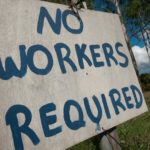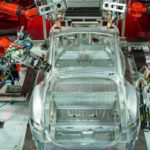The recently released White House report on "Artificial Intelligence, Automation, and the Economy" takes a surprisingly positive stance on the rapid growth of artificial intelligence. According to the report, "a strong case can be made in favor of increasing federal funding for research in AI."
"As we look at AI, our biggest economic concern is that we wont have enough of it," says Jason Furman, chairman of the Council of Economic Advisors. "AI will help make the pie bigger. We want to make sure that everyone benefits from that pie, and that includes steps like modernizing the social safety net, […]
Full Post at www.outerplaces.com






